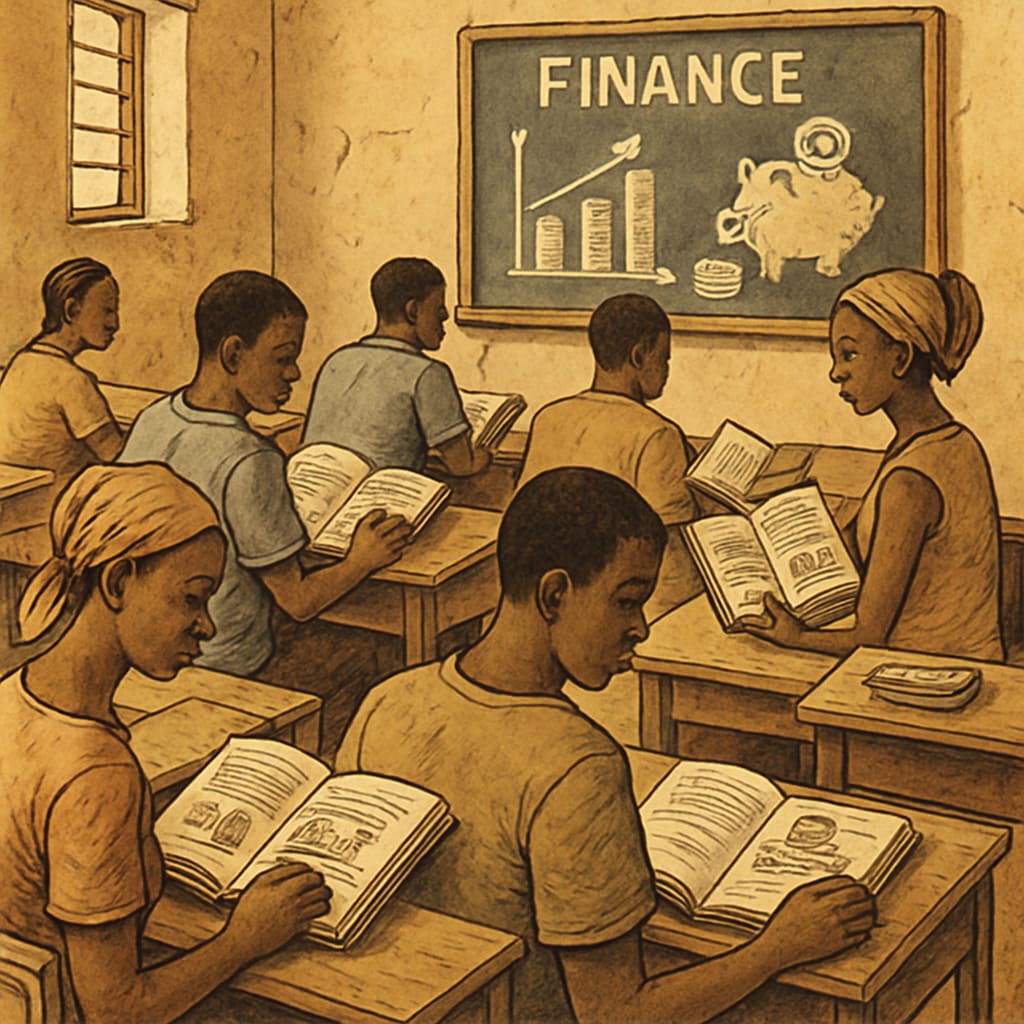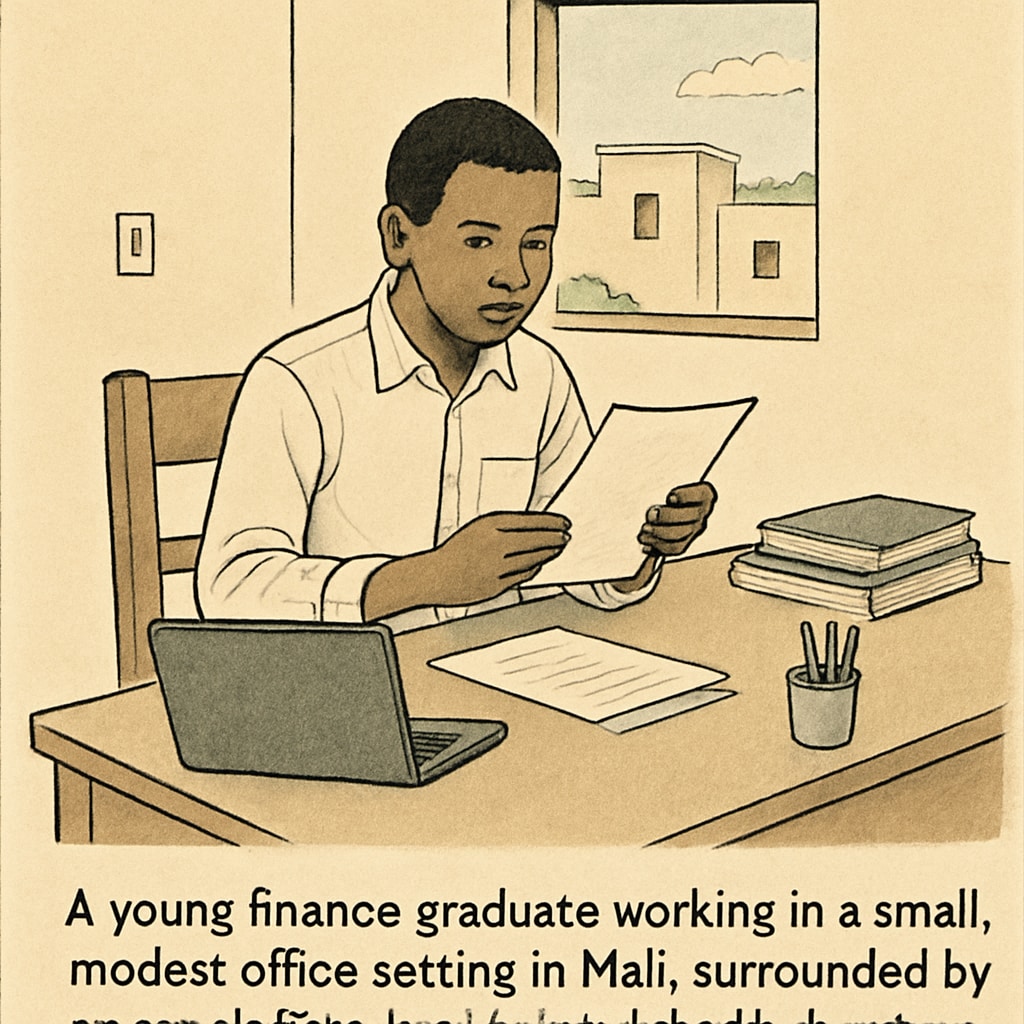In developing countries, students pursuing finance degrees often face significant hurdles in their career development. Limited financial education resources, constrained job markets, and slower national growth create unique challenges that demand innovative solutions. This article delves into these issues, using the example of a 19-year-old BBA student from Mali to highlight the local realities of financial education and employment. It also provides practical career development advice, emphasizing how students can navigate these constraints and plan for a prosperous future.
Understanding the Financial Education Landscape
The quality and accessibility of financial education in developing countries often fall short compared to global standards. In nations like Mali, universities may lack advanced teaching resources, modernized curricula, or access to international financial databases. For instance, a 19-year-old BBA student in Mali might only have exposure to theoretical concepts without hands-on experience in investment analysis or financial modeling.
Moreover, the absence of strong industry-academic partnerships limits the opportunity for internships or mentorship programs. As a result, students often graduate with limited practical knowledge, making it harder to compete in both local and international job markets.

Challenges in the Employment Market
The job market in developing countries is another significant barrier. Economic instability, a lack of diversified industries, and slow growth in the financial sector mean fewer opportunities for new graduates. For example, in Mali, most financial jobs are concentrated in banking or government roles, leaving little room for specialization in fields like investment banking, fintech, or risk management.
Furthermore, cultural factors sometimes play a role. Family expectations or societal norms may push students toward traditional career paths, even if these do not align with their personal interests or the evolving demands of the financial industry.

Strategies for Career Planning in Finance
Despite these challenges, students in developing countries can take proactive steps to shape their financial careers. Below are some strategies to consider:
- Pursue Online Education: Platforms like Coursera, edX, and Khan Academy offer accessible courses in financial analysis, data science, and business strategy, often free or at a low cost.
- Develop Soft Skills: Communication, leadership, and adaptability are highly valued by employers and can set candidates apart, even in competitive markets.
- Seek International Exposure: Applying for scholarships or internships abroad can help students gain experience and build a global network.
- Explore Entrepreneurship: Starting small financial consulting services or leveraging technology to create fintech solutions can open new opportunities in underdeveloped markets.
- Build a Strong Network: Connecting with alumni, local finance professionals, and joining online communities (e.g., LinkedIn groups) can provide mentorship and job leads.
These actions require determination and a willingness to think beyond traditional career paths. However, they can significantly enhance a student’s prospects in the long term.
The Role of National Growth and Policy Support
An individual’s success is often tied to the broader economic and political environment. Governments in developing countries have a crucial role in improving financial education and employment opportunities. Policies fostering foreign investment, encouraging entrepreneurship, and strengthening educational institutions can positively impact the career landscape for finance students.
For example, partnerships between universities and financial firms can create internship pipelines, while government incentives for startups can fuel innovation in sectors like fintech or microfinance.
To support national growth, students and young professionals can also contribute by advocating for change. Engaging in community initiatives or participating in policy discussions can help shape a more favorable environment for the next generation.
In conclusion, career development in finance is undeniably challenging for students in developing countries like Mali. However, through a combination of self-initiative and systemic improvements, these hurdles can be overcome. With the right mindset and resources, finance graduates can not only secure fulfilling careers but also contribute to their nation’s economic progress.
Readability guidance: This article uses short paragraphs, accessible language, and lists to summarize key points. Transition words like “however,” “for example,” and “in addition” have been incorporated to ensure smooth flow. Images enhance the textual content by visually representing the challenges and strategies discussed.


